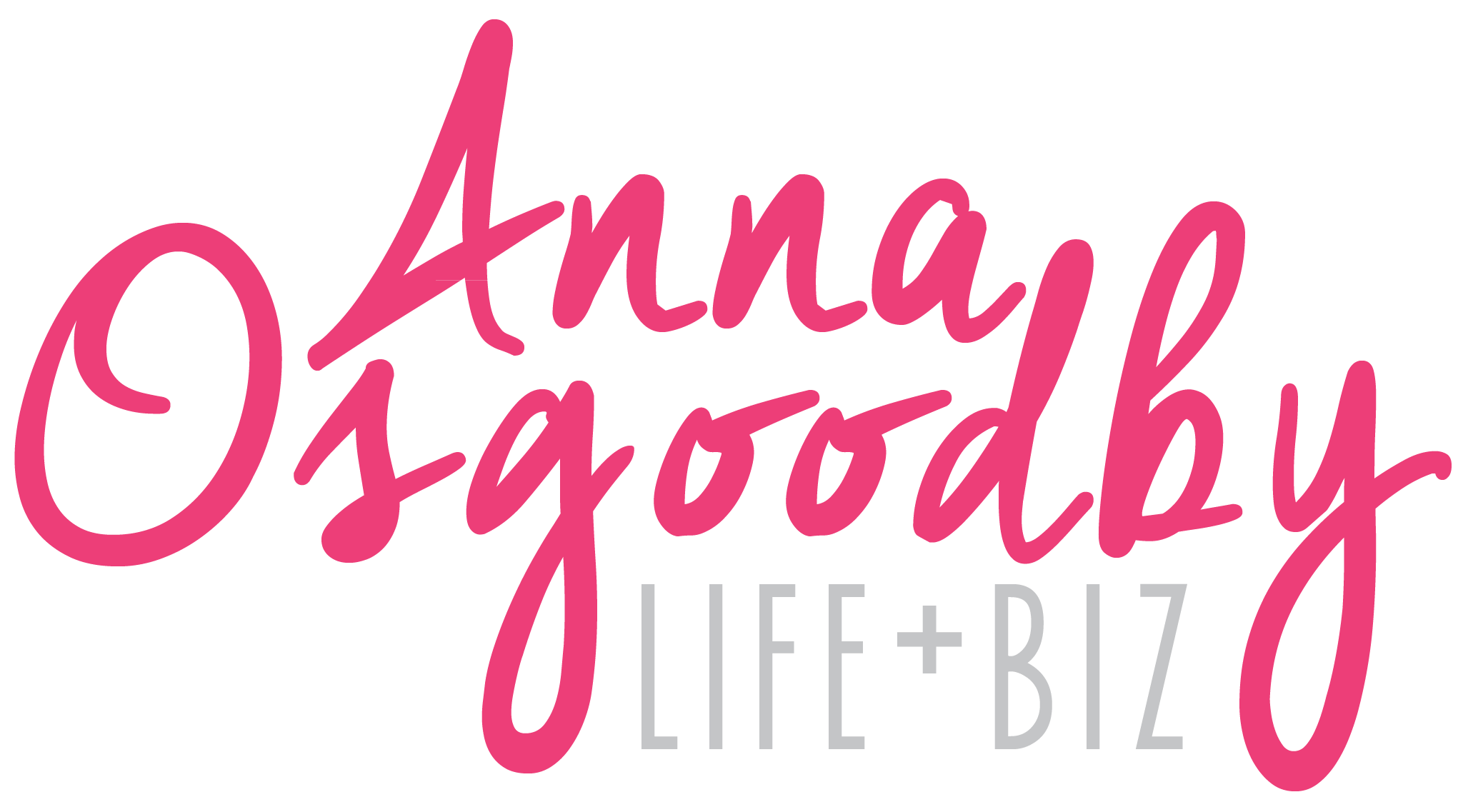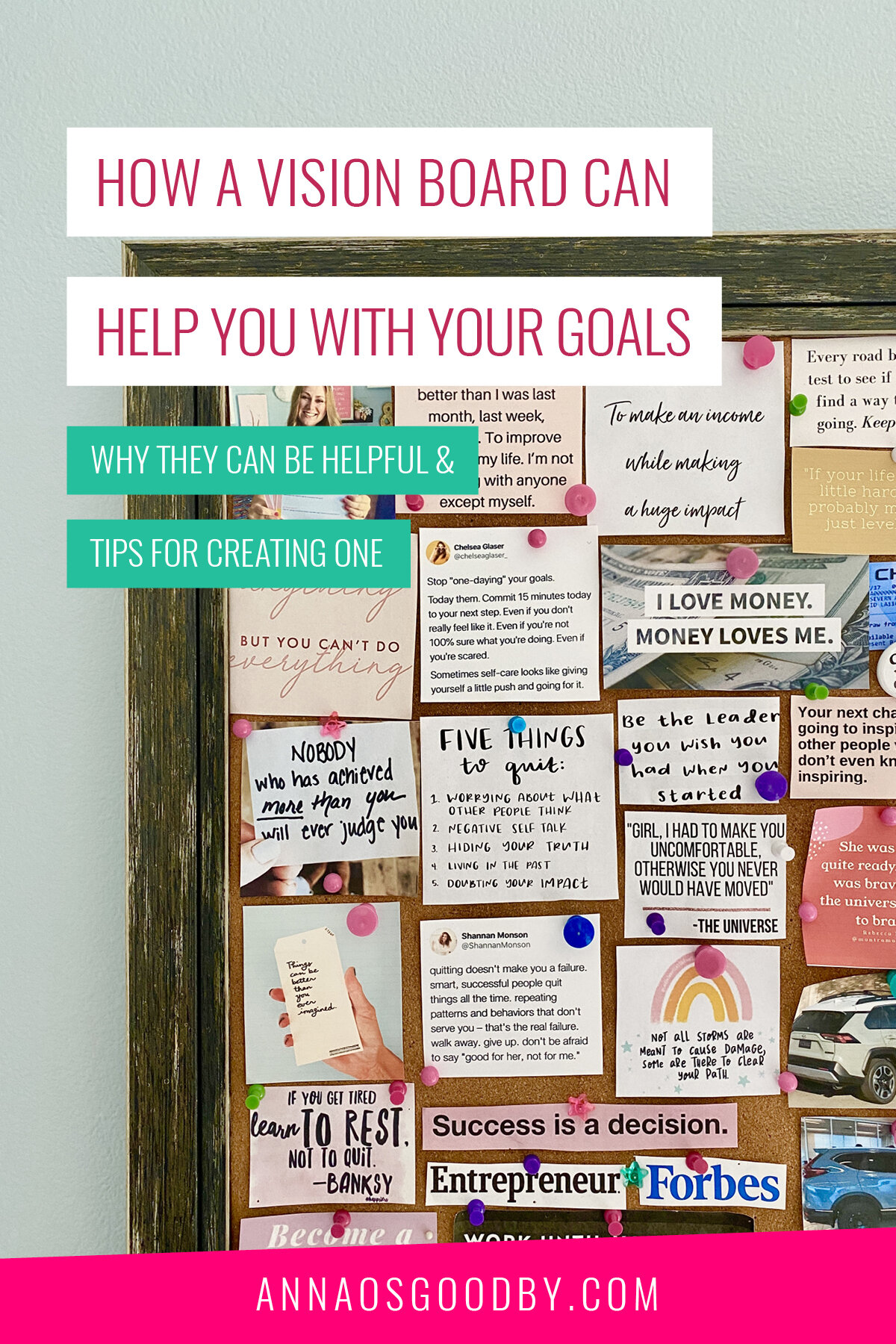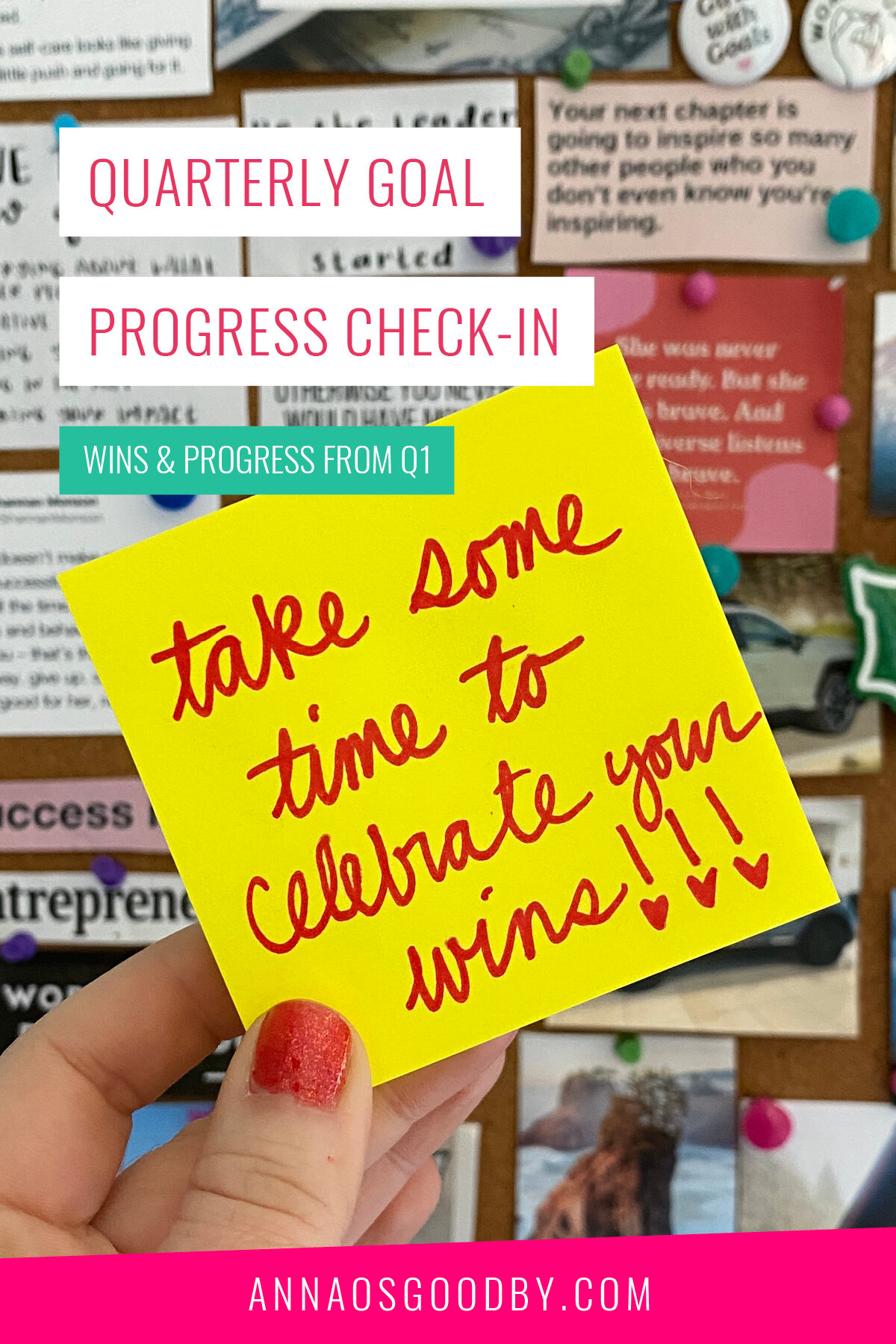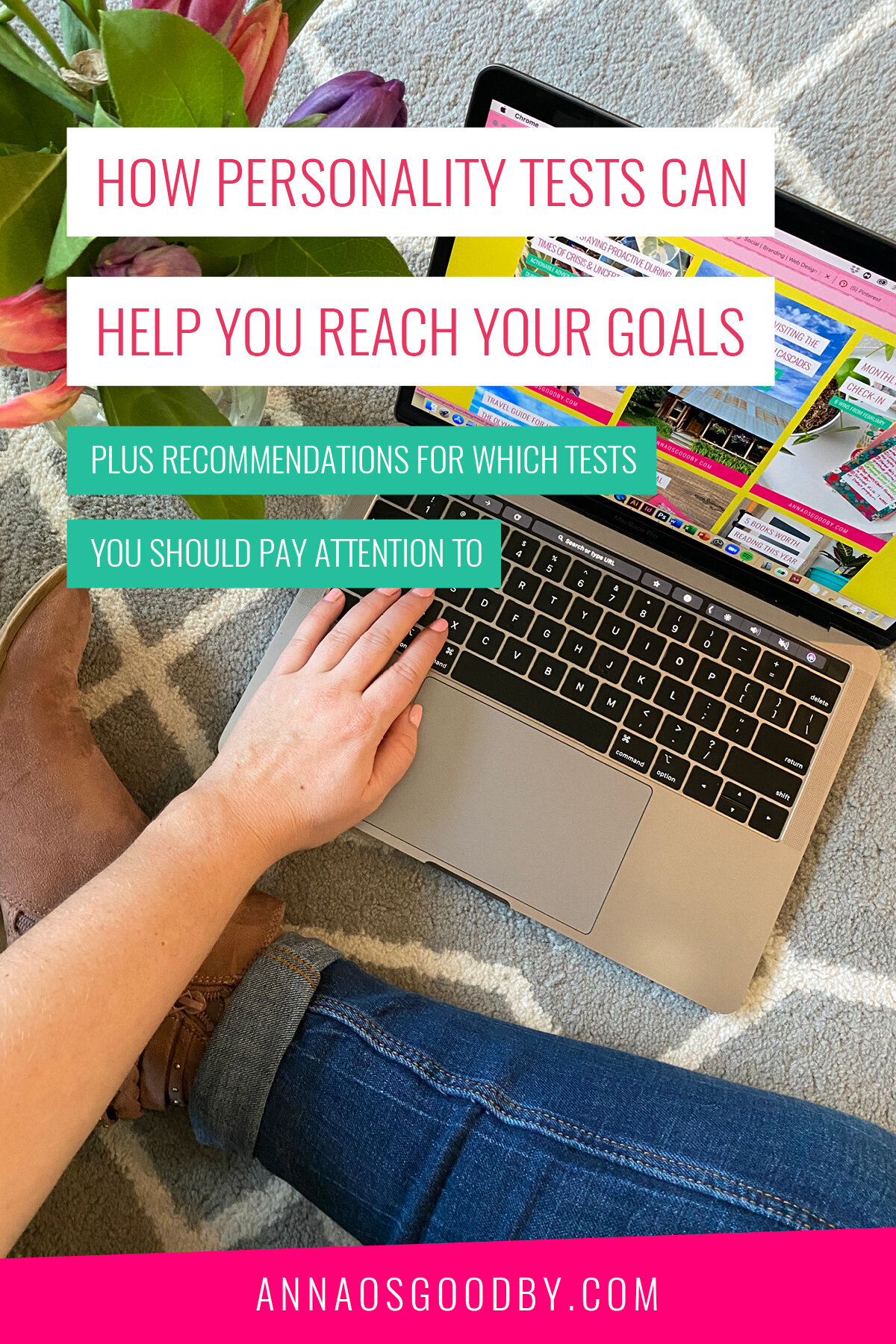How to Create Intentional Goals :: Get Your Goals 6 Step Framework
When it comes to planning goals, it’s not just important that you have them, but that you’re also intentional with the planning of them. What does that mean? Well, there’s no better way to set yourself up for success so that you actually make progress on your goals than really thinking things through during the planning stage. Over the years, I’ve tried a lot of different methods to do so and today I’m breaking down the Get Your Goals 6 Step Framework that has really helped me.
Goal
The first step is the most obvious, identifying what your goal actually is. What is it that you want to accomplish or work on? Do you want to work on saving more money so you can buy a house? Do you want to start a side hustle or a new business? Do you want to write a book? Whatever it is you want to do, start by writing out your goal and being as specific as possible — this will help you through the next steps.
Motivation
Once you’ve identified what you want to do now I want you to think about why. This is one of the most important parts of goal planning because your why statement is going to be what keeps you going through the good and tough parts of your journey.
Timeline
Next up, let’s chat about when you want to accomplish this goal. This one is important and one of the things that people skimp on. Deciding on a timeline is key because it’s going to be the deciding factor to build out your actual action plan. Is this a long-term goal like in the next 3 years? Is this something you want to accomplish by the end of the year? Or is this something you want to accomplish within the next few months? Write it down so you can make a plan!
Action Plan
Down to one of the most important parts — actually creating a plan. In this section you need to breakdown all of the things you’ll need to do to accomplish that goal. If you want to start a podcast, but don’t know anything about podcasting then you’ll likely need to learn how to create one, buy any necessary equipment, plan your recording schedule, outline your episodes, etc.! The key here is to break down everything you will need to do to accomplish your goal. If it’s a longer-term goal, it can also be very effective to actually break tasks down by time periods too.
Accountability
The other most important part is deciding on how you are going to stay accountable and track your progress. This is why it’s important how you write your goal in that first section too! For example, if you want to read more this year, instead of having your goal be “reading more” you might want to consider adding a quantity to it like “this year I want to read 12 books”. Every goal will be a little different but figuring out some element of it that can be tracked will really help you.
Once you’ve done that, now it’s time to decide how you are going to keep yourself accountable and how often you’ll check in on your success. Which is why it’s so important you have something you can track otherwise the accountability portion is going to be a little tricky! Will you check in weekly or monthly? Or maybe a little of both? Building out your systems is up to you but I highly recommend trying to build out a schedule and add reminders to your schedule so you keep up with them. That’s one of the biggest reasons people give up on things… not because they’re not passionate about their goals but because they write them down, put them in a drawer and life happens and they get away from them.
Success
Last, but definitely not least, is deciding on what success will look like for your goal. If you’ve already identified measurable quantities then it will be much easier. Then based on what success will look like for you, can you identify any milestones? For example, if you’re trying to save an extra $10k to your savings and you’re starting out with $2k, then maybe a milestone is going to be when you hit 3k, 5k, and 7k. This part is up to you but I’ve found that having milestones is a great way to keep your momentum because you get to celebrate each step of your progress along the way. This section can also be a great place to identify how you will celebrate your wins or milestones. Celebrating small wins along the way can really help build your confidence in sticking with things (especially if it’s been tough to stick to things in the past) so I highly recommend doing that too!
I recommend repeating this structure for each goal you have too. Yes, it’s a little more time-consuming but I whole heartedly believe that taking a little extra time to think things through is a gamechanger in helping you succeed!













